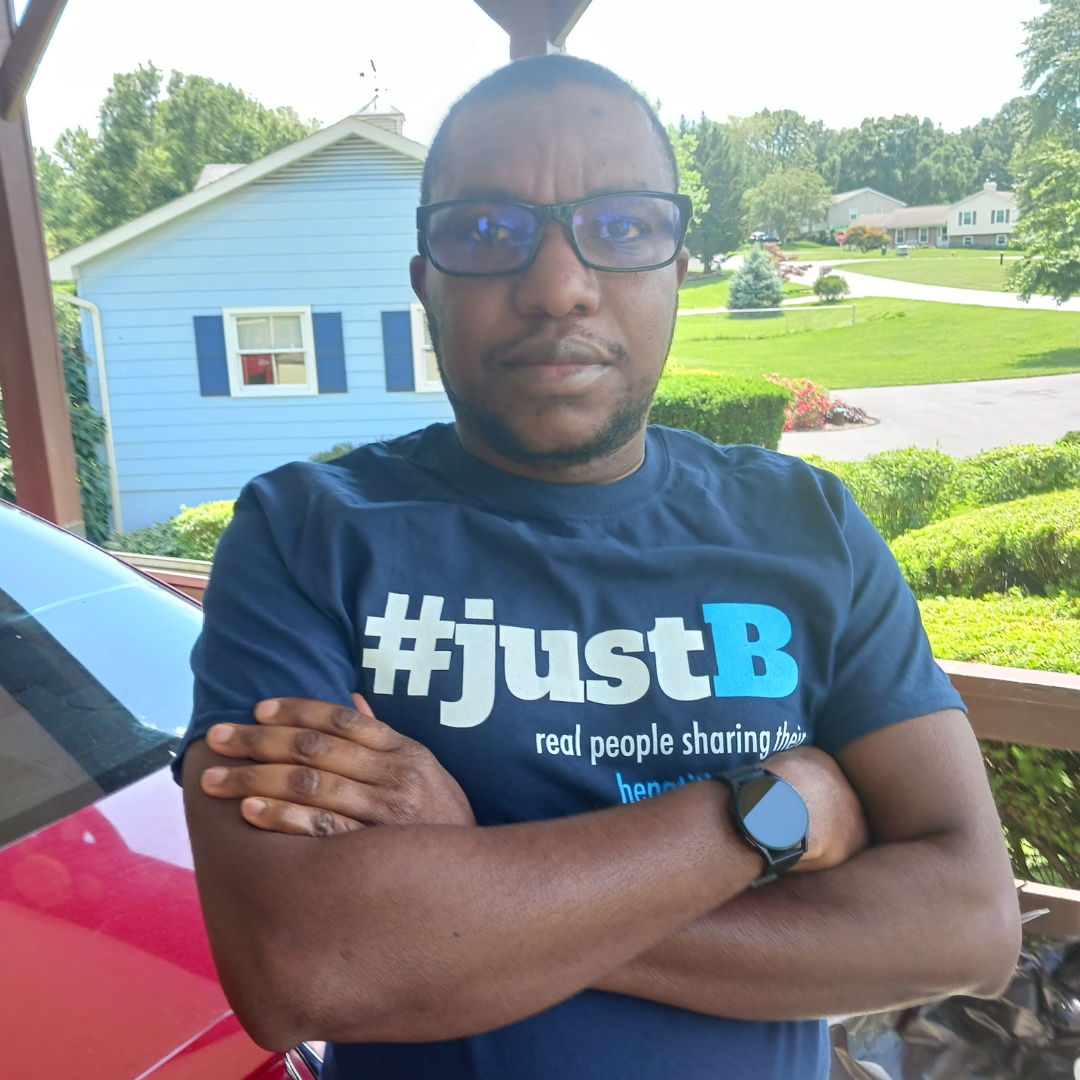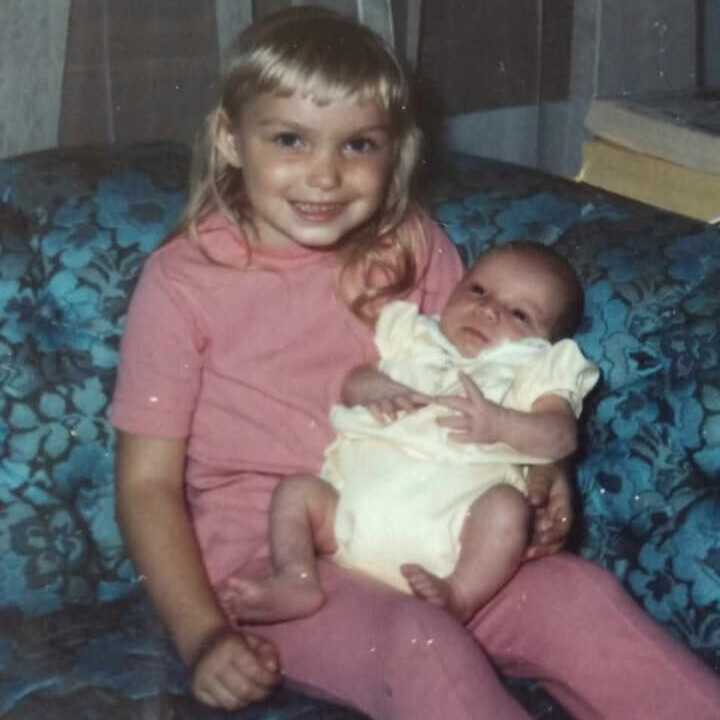by Bright Ansah
(VFV was introduced to Bright by the National Viral Hepatitis Roundtable, and we’re grateful for their help.)
In 2013, I started experiencing some unexplained fatigue. It bothered me, but I didn’t think much of it. I figured I was just tired from work and school, and that with rest, everything would return to normal. That didn’t happen.

Instead I felt increasing fatigue until I couldn’t deal with it anymore, and went to see a doctor. They ran a number of tests, but all of them came back negative. After exhausting other options, the doctor recommended I do a thorough STD/STI test. From this test, I became aware that I was hepatitis B positive.
I was surprised because I didn’t know much about hep B aside from some basic facts. I didn’t know where and how I was infected, how long I had it, or what my prognosis would be.
Hep B Changed My Life
Over the years my condition would get progressively worse, with extreme fatigue and muscle pains. I am afforded the best possible treatments, but they cannot guarantee that I will not develop further liver complications. Most patients have to worry anytime we do labs or ultrasounds what might be found, with an ongoing fear of liver cancer. I battle with anxiety and depression over the possibilities.
Because of my symptoms, I’ve been unable to work. I want to be able to earn a living and support my family, including my siblings who live in Ghana and also have hep B, yet get little treatment. Their illness and mine keep me up at night (which doesn’t help). But I remain hopeful that future treatments or even a cure will allow me to live my life to the fullest of my abilities.
The majority of people with chronic hepatitis B get it during birth from their mother. This is how my siblings and I were infected. The virus is a silent killer because it can remain dormant in the body for many years without the person showing any symptoms.
People who are infected also suffer silently and avoid talking about it because of stigma and myths. For instance, the myth that people who have it are somehow promiscuous and that it can only be transmitted sexually. Not true.
You Can Prevent This
Thankfully, vaccines for hep B have been around since the 1990s and have been proven safe and highly effective. Most hepatitis B patients never had this option available, so I would encourage readers to educate themselves and become aware of the serious health issues it can cause.
There are so many ways that someone can get exposed to hep B. Being vaccinated provides lifelong protection for the individual and peace of mind to not have to worry about getting infected. No parent wants to live with guilt or be the reason why their son or daughter develops liver disease.
There is a choice here between HBV vaccines and the HBV virus. I hope you choose to vaccinate because it’s worth it. You don’t want to deal with all the challenges that most of us HBV patients deal with daily.
Bright Ansah lives in Maryland, and is a patient advisor to the Hep B Foundation and AASLD. He co-hosts and co-produces the Hep B Foundation’s B Heppy podcast. His writing here is his own experience, and does not necessarily represent the Hep B Foundation or any other organization.
Bright’s story, like all others on this blog, was a voluntary submission. If you want to help make a difference, submit your own post by emailing us through our contact form. We depend on real people like you sharing experience to protect others from misinformation.



